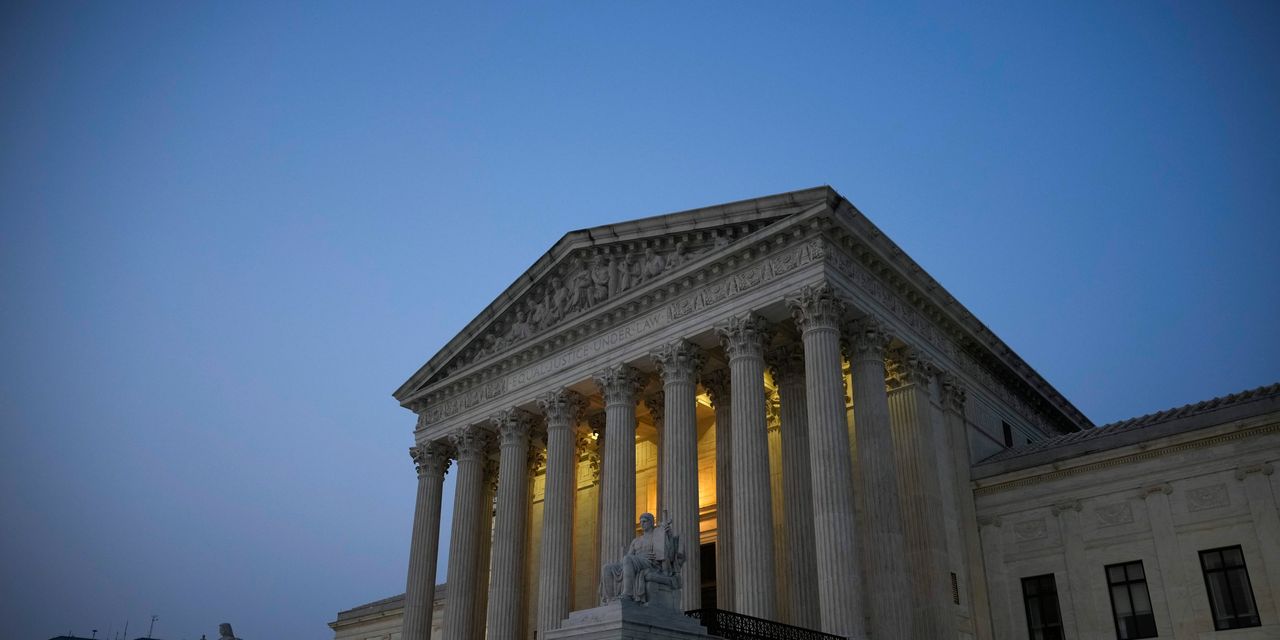Businesses will have to do more to accommodate religious workers after the Supreme Court ruled in favor of a former Post Office employee who refused to work Sunday shifts due to his Christian beliefs.
The unanimous ruling replaces a nearly 50-year old precedent that made it relatively easy for employers to deny religious accommodations.
Under the court’s new guidelines, employees will have to prove that making an accommodation for religious worker imposes a “substantial” cost. For decades, companies only had to show that the cost was ” “de minimis” or bare-minimum cost.
The case, called Groff v. DeJoy, involved a USPS worker in Pennsylvania who did not want to work on the Sabbath after the post office agreed to deliver Amazon
AMZN,
packages on Sundays. Gerald Groff quit his job after the post office penalized him for missing 24 Sunday shifts.
The new guidelines replace a more lenient standard set in a 1977 court case that made it easy for employers to deny religious exceptions for their workers. All they had to show was a minor cost to demonstrate an accommodation posed an “undue hardship.”
Justice Samuel Alito established in Thursday’s Groff v. DeJoy opinion that now “an employer must show that the burden of granting an accommodation would result in substantial increased costs in relation to the conduct of its particular business.”
The court’s opinion set a narrow scope for assessing the impacts of accommodations. The USPS argued that adjusting schedules to accommodate Gerald Groff negatively affected his coworkers who had to take over his shifts.
Yet the court determined that negative impacts for coworkers only constitute a reason to deny an accommodation if it disrupts the overall conduct of the business. A coworker’s mere dislike towards a religion or accommodation is not a factor in the undue hardship test, Alito said.
The ruling was relatively limited. The Supreme Court emphasized that proving substantial increased costs is a case-specific matter that must take into account the context of each individual situation.
Nor did the court rule on the specific question of whether Groff can return to work at the USPS and observe the Sabbath. That aspect of the case was remanded, or sent back to lower courts to decide.
In a statement, Groff said he is “delighted” by the court’s decision, but did not indicate if he will attempt to get his job back.
Read the full article here




